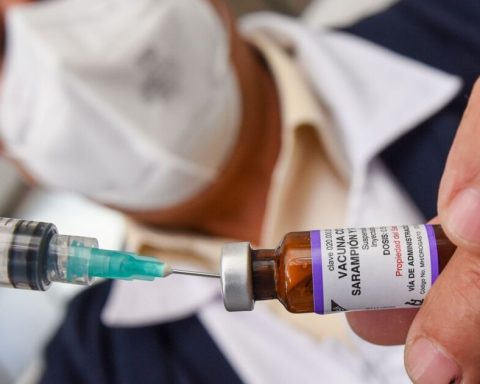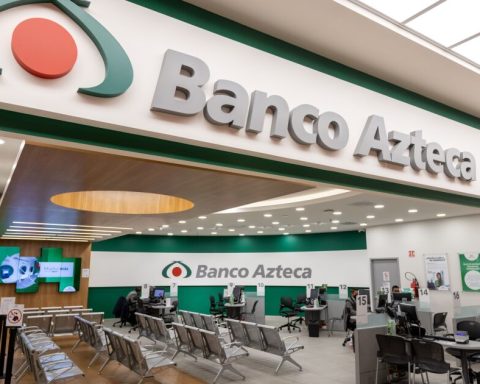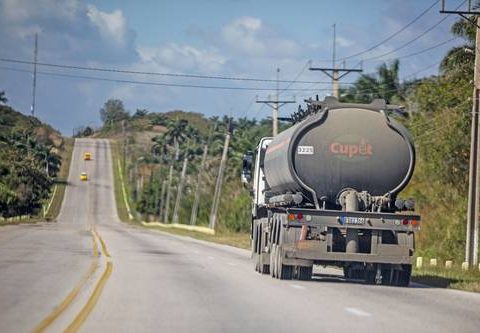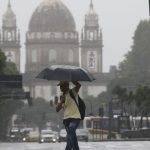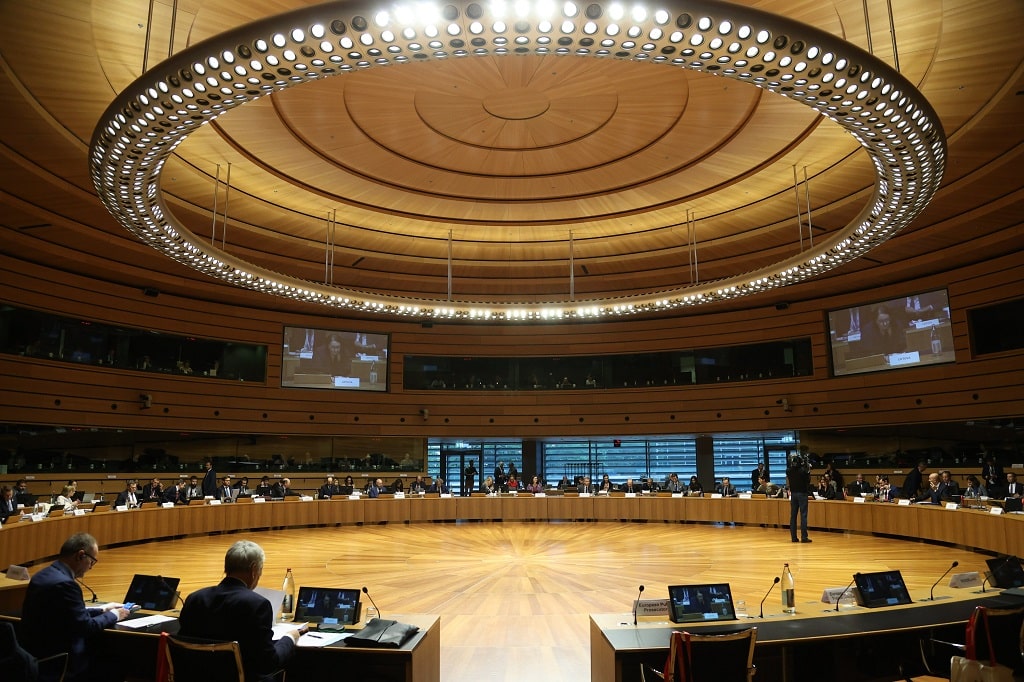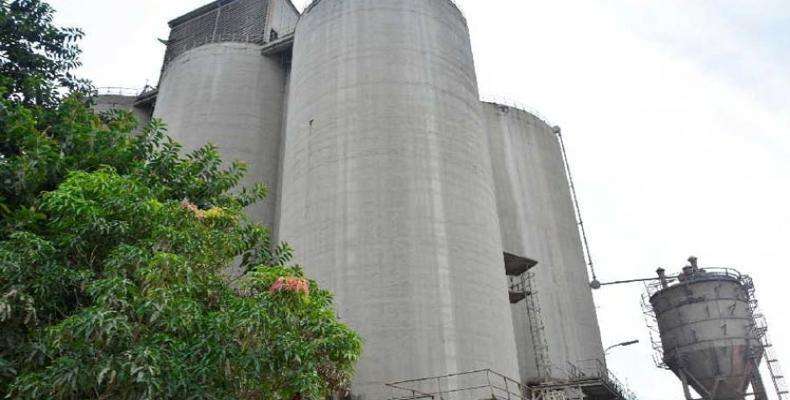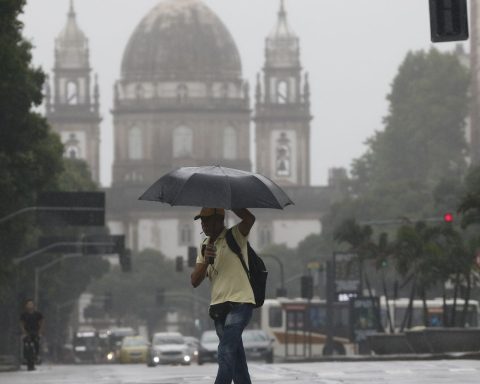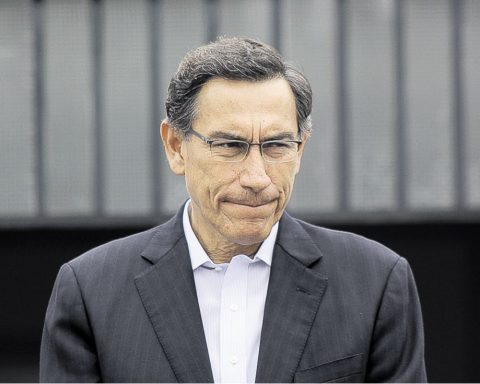“In a cost-of-living crisis context, it is essential to protect the most vulnerable, whether they are lower-income households or poorer states,” he added.
In a scenario of multiple shocks since the beginning of the year, the countries that have already increased their spending to face the pandemic do not necessarily have sufficient fiscal margins to combat inflation.
According to the report, countries must be prudent with their aid policies, and maintain a sustainable level of spending.
“We recommend that governments be more generous in their aid measures in the face of food prices. It is a basic question of subsistence. On energy, it is convenient to have a more focused approach,” the deputy director of the department, said at a press conference. Paul Mauro.
On the other hand, trying to respond to this problem with price controls, subsidies or tax cuts “will be very costly fiscally speaking and, in the end, not very effective,” warns the Fund.
In the case of the poorest countries, they will not be able to do without humanitarian aid and emergency financing.
“We opened a special window of rapid financing for food needs and other measures to limit this crisis. Countries like Tanzania or Georgia used them,” Gaspar explained.
With information from AFP

